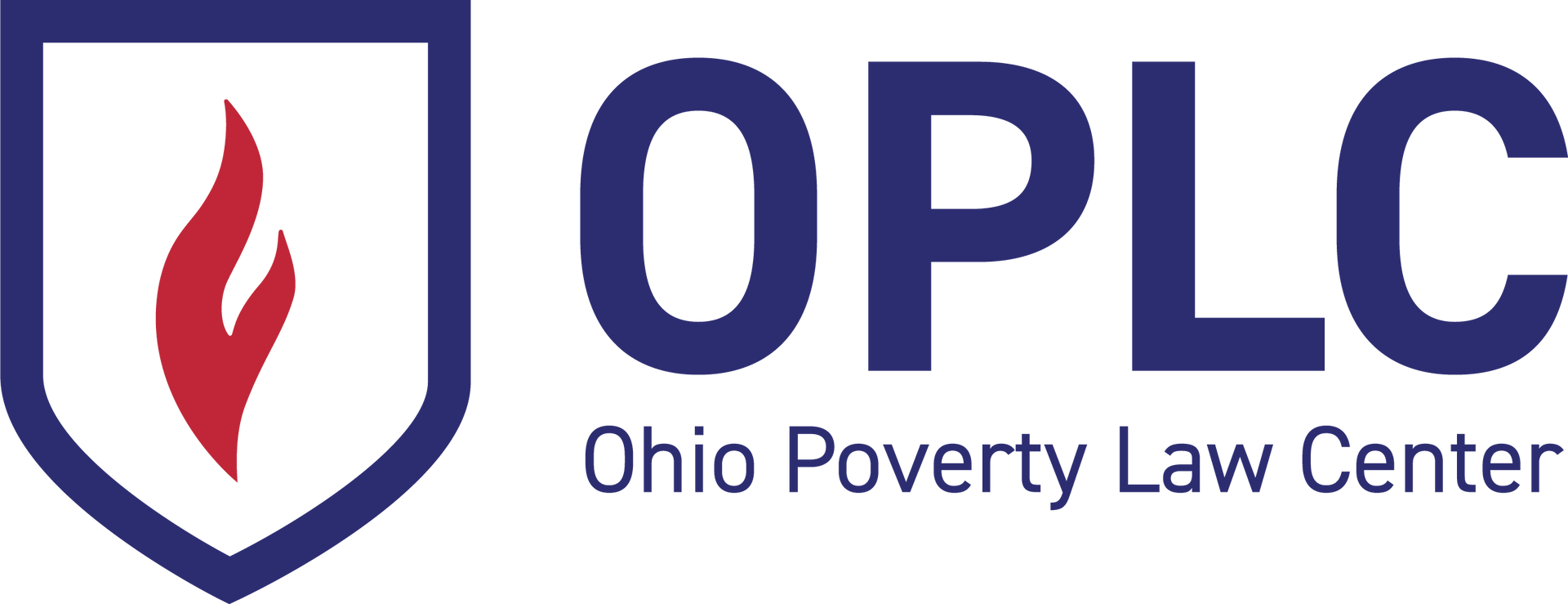JANUARY 2023 NEWSLETTER
2023 to Bring Opportunities and Challenges
2023 will bring opportunities and challenges for our work to reduce poverty and increase justice by protecting and expanding the legal rights of Ohioans living, working and raising their families in poverty. More than 1.3 million of our friends and neighbors are living in poverty. For many clients who walk through legal aid’s door, the immediate legal problem is not their only challenge. Ohioans are facing food insecurity and housing instability at increasing rates, and reports show an increasing need for mental health support for children.
Ohio will be considering a new two-year state budget in the coming months. As lawmakers debate the best use of the state’s resources, we will educate them on the most pressing needs facing low-income Ohioans. Our work this year will focus on removing barriers to employment, increasing access to healthcare, and supporting policies that help stabilize families. Among our priorities will be eliminating debt-related driver’s license suspensions, improving the process for safe nursing home discharges, and broadening opportunities for eviction expungement. In addition, we will build on our success in streamlining criminal record sealing and reducing collateral sanctions and in funding lead poisoning prevention programs.
We look forward to partnering with you and Ohio’s elected officials to improve policies for low-income Ohioans.
Even if Public Health Emergency Continues, Food Assistance and Medicaid Coverage Will Not
The Families First Coronavirus Response Act, passed in 2020, allowed states to request emergency increased monthly benefits for households participating in the Supplemental Nutrition Assistance Program (SNAP) until the end of either the federal Public Health Emergency declaration or that state’s declaration. As a result, the Ohio Department of Job and Family Services (ODJFS) has been providing enhanced monthly benefits to SNAP households since March 2020. This ensured all households received the maximum benefit for their household size. For households that were already eligible for the maximum allotment, they received an additional $95 per month.
The authority for the SNAP enhanced benefits ended last week when the Consolidated Appropriations Act of 2023 was signed into law. The last month of enhanced benefits is February 2023, with normal allotments resuming in March 2023. Some households will see their benefits decrease by hundreds of dollars.
During the federal Public Health Emergency, states have been required to maintain continuous coverage by Medicaid and the Children’s Health Insurance Program (CHIP) as a condition of receiving increased federal matching funds.
The Consolidated Appropriations Act of 2023 makes April 1, 2023 the sunset date for the continuous coverage requirement and allows states to initiate redeterminations and end Medicaid coverage for those no longer meeting pre-pandemic eligibility requirements.
Finally, the bill gives the Centers for Medicare and Medicaid Services (CMS) additional enforcement tools, such as the authority to require corrective action plans for states with documented challenges that impact coverage retention and to then stop states from terminating people’s coverage because of procedural issues if the state doesn't take appropriate steps.
